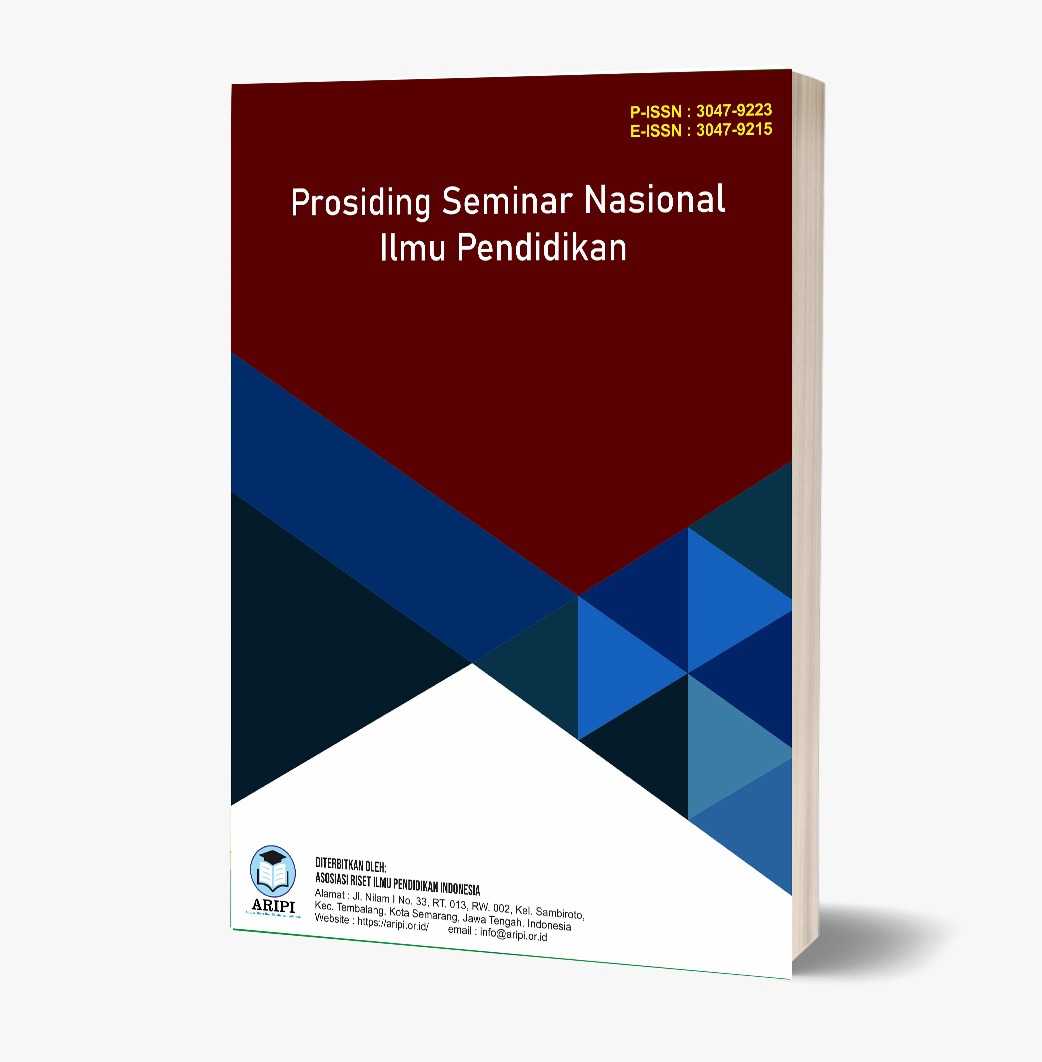Hubungan Keterampilan di Abad 21 Terhadap Peningkatan Kompetensi Kepala Sekolah di Kota Gorontalo
DOI:
https://doi.org/10.62951/prosemnasipi.v1i2.26Keywords:
21st Century, competency, skills developmentAbstract
In the 21st century, school leaders are expected to be able to streamline school administration, including developing the teaching and learning process. School administrators must have special skills and skills that are superior and different from previous school administrators. This research aims to examine the relationship between skills in the 21st century and increasing the competency of Gorontalo City school principals. The research method used is quantitative research with a survey approach. The participants in this research were 30 school principals in Gorontalo City who were chosen randomly. Data was collected through a questionnaire that assessed skills in the 21st century and increased competency of school principals. Data analysis was carried out using correlation statistical techniques to determine the relationship between these variables.
References
Don, Y. (2018). Instructional leadership and teachers’ functional competency across the 21st century learning. International Journal of Instruction, 11(3), 135–152.
Phonsa, K. (2019). Strategies for developing the 21st century skills of school principals under Loei Primary Educational Service Area Office. Asian Journal of Education and Training, 5(1), 198–206. https://doi.org/10.20448/journal.522.2019.51.198.206
Purwanto, M. B., Hartono, R., & Wahyuni, S. (2023). Essential skills challenges for the 21st century graduates: Creating a generation of high-level competence in the Industrial Revolution 4.0 era. Asian Journal of Applied Education, 2(3), 279–292.
Sastradiharja, E. J., & Zairin, G. M. (2023). Kompetensi dan karakteristik kepemimpinan kepala sekolah Islam abad 21. IQ (Ilmu Al-Qur'an): Jurnal Pendidikan Islam, 6(01), 141–154.
Sulaiman, J., & Ismail, S. N. (2025). Teacher competence and 21st century skills in transformation schools 2025 (TS25). Universal Journal of Educational Research, 8(8), 3536–3544. https://doi.org/10.13189/ujer.2020.080829
Downloads
Published
How to Cite
Issue
Section
License
Copyright (c) 2024 Prosiding Seminar Nasional Ilmu Pendidikan

This work is licensed under a Creative Commons Attribution-ShareAlike 4.0 International License.







